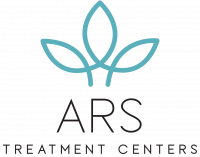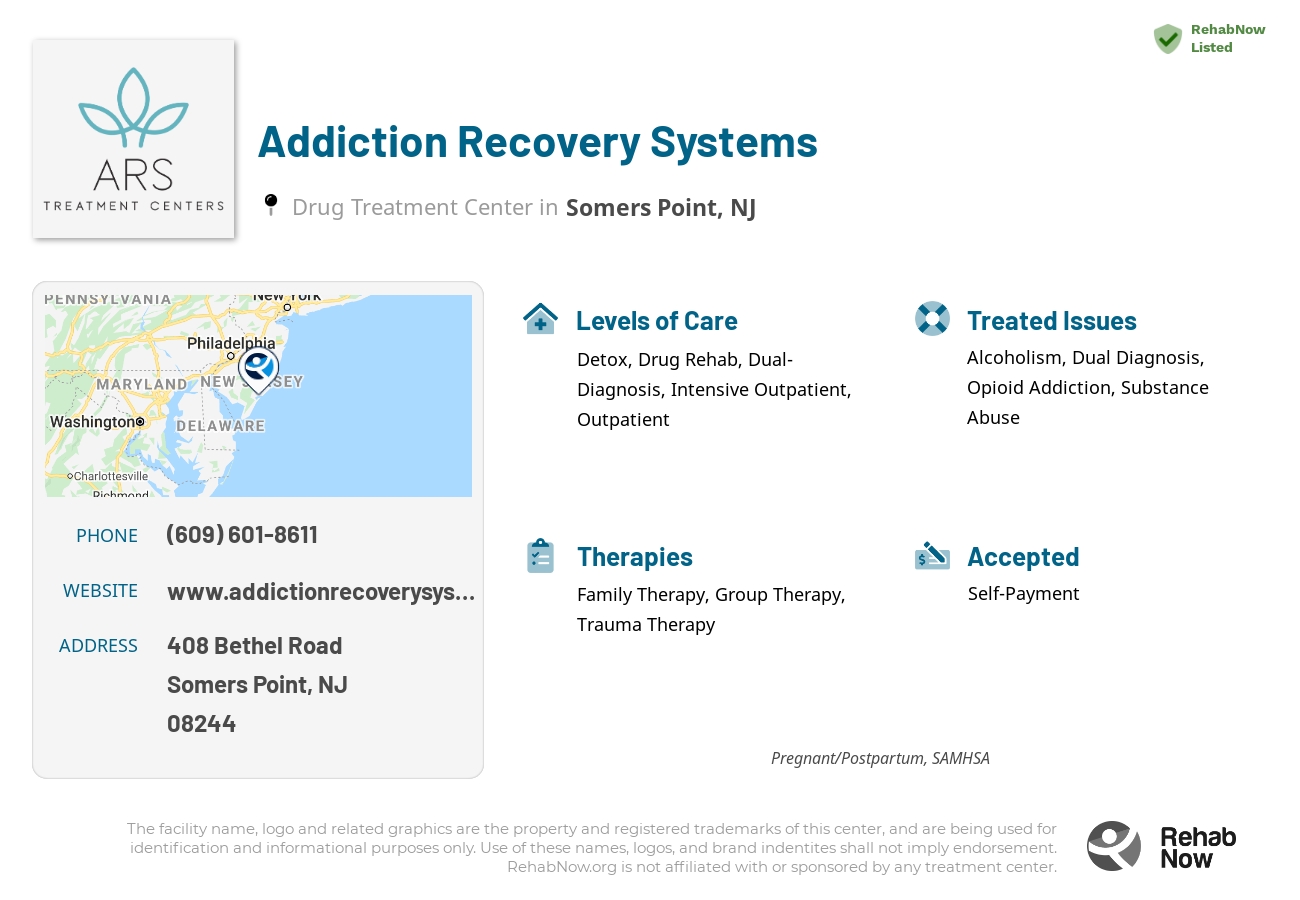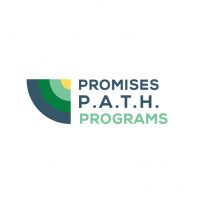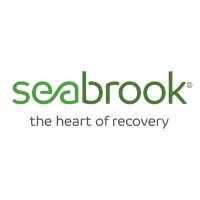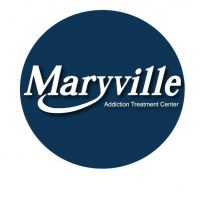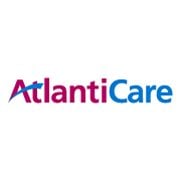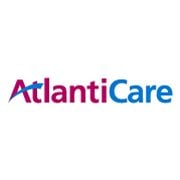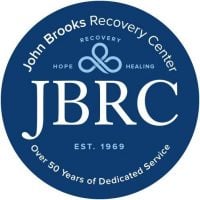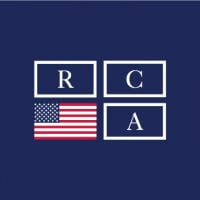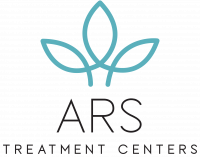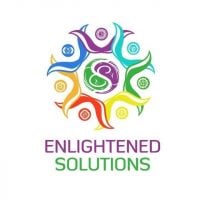Multiple patients have reported Addiction Recovery Systems as permanently closed.
Research other rehabs in Somers Point, New Jersey, or get help finding an open facility.
About Addiction Recovery Systems in New Jersey
Addiction Recovery Systems (ARS) is an addiction treatment facility located in Somers Point, New Jersey. Dedicated to helping individuals and families affected by substance abuse, ARS provides evidence-based treatment approaches and a variety of services to support physical, mental, and emotional health. Services offered include individual and group therapy, family counseling, relapse prevention, life skills training, sober living, and more. ARS also offers special behavioral therapies such as Dialectical Behavioral Therapy (DBT) and Cognitive Behavioral Therapy (CBT).
At ARS, clients receive personalized treatment plans and access to a multidisciplinary team of clinicians who support them throughout their journey. Clients are taught how to identify, cope with, and manage triggers, as well as how to replace counterproductive behaviors with healthy alternatives. Additionally, ARS helps clients develop a spiritual practice which can be used as a tool to cope with difficult feelings and situations. Additionally, ARS provides a tranquil and nurturing environment for its clients, allowing for the natural healing and growth process to occur.
At ARS, clients have access to some of the best accredited programs in the country. ARS is accredited by the Joint Commission, a nationally-recognized healthcare accreditation organization, as well as the Commission on Accreditation of Rehabilitation Facilities (CARF). Additionally, ARS has received awards from the American Association of Sexuality Educators, Counselors and Therapists (AASECT) and the National Association of Alcohol and Drug Abuse Counselors (NAADAC). As such, ARS provides clients with access to the highest quality care and treatment options.
Genders
Ages
Modality
Additional
Accreditations
SAMHSA
Conditions and Issues Treated
A combination of treatments is often needed to treat drug abuse. Some addictions can be treated with counseling and support groups. In other cases, drug abuse can lead to a medical problem and require medical treatment. Treatment for drug addiction typically combines counseling and psychotherapy with medication and behavioral therapies.
A combination of treatments is often needed to treat drug abuse issues effectively. In the case of drug abuse, there is no easy answer or one-size-fits-all cure.
Opioid addiction has become a significant health problem in the United States. In 2015, there were 91 opioid overdose-related deaths per day, with a substantial increase in mortality rate in 2014.
When opioid addiction has reached a point where a person’s life becomes unmanageable, treatment options are available to help them get sober. Treatment that includes medical care with medications and counseling can help a user transition into sobriety.
When someone in struggles with both addiction and mental or emotional illness, this is considered a dual diagnosis. Dual diagnosis treatment can include therapy for these issues to happen simultaneously, which will allow either of them to be treated effectively.
Sometimes people who have suffered from addiction disorder also suffer from co-occurring disorders such as depression, anxiety, bipolar disorder, etc., making them “dual diagnoses.” Dual diagnoses require specialized treatment programs where drug and alcohol addiction are addressed along with psychiatric illnesses. Some rehabilitation facilities provide patients suffering from cooccurrences a program with highly integrated services and a clean environment with few distractions to help them succeed.
Levels of Care Offered
This center offers a variety of custom treatment tailored to individual recovery. Currently available are Detox, Drug Rehab, Dual-Diagnosis, Intensive Outpatient, Outpatient, with additional therapies available as listed below.
One of the first things an addict should do when entering treatment is to abstain from using illicit drugs completely. Depending on the length of time that the person has been using, the addict may have to go through alcohol or drug withdrawal. Fortunately, detox doesn’t have to be done alone, and withdrawal symptoms can be managed medically in an inpatient or outpatient setting. While detox may be uncomfortable, it is not life-threatening. Detoxification allows the addict to rid the body of all traces of drugs or alcohol and gives the addict a clean slate for their recovery.
The Intensive Outpatient Program offered by Addiction Recovery Systems is designed for those who need intensive care but would rather get it in the comfort of their own home. The treatment programs vary in duration and intensity and can be tailored to suit the patient’s needs. The program includes regular visits to the facility, though the overnight stay is not needed. IOP is suitable for patients who have been treated in residential treatment programs and are in the transition phase. It helps the patient live at home and discharge some work or school responsibilities even while undergoing treatment. The patients gradually get back to their routine life with the support of a friend or family member.
Outpatient treatment is often used for drug addicts in drug rehab. Outpatient treatment consists of counseling and therapy sessions. This form of treatment is also called ‘day-treatment’. The outpatient treatment process begins with the addict’s initial detox period, lasting about ten days.
Outpatient treatment is used for those who are at moderate risk for ‘slipping back’ into the addiction, for those who:
- Are not currently experiencing any side effects from withdrawal and can handle social pressure
- Can handle stressors that might trigger relapse
- Have a stable living environment or have moved out of their previous environment, which was not conducive to being sober
- Have a support system that allows them to go to a facility a few times a week while still keeping their current responsibilities
- Have no legal obligations, being either on parole or probation, that require them to seek treatment at a mandatory facility
- Are not currently experiencing any side effects from withdrawal and can handle social pressure
- Have a stable living environment or have moved out of their previous environment, which was not conducive to being sober
Therapies & Programs
Family therapy is beneficial for people who are in addiction treatment services because it offers addicts the opportunity to work with their family members to better understand what led them to make choices that contributed to their addiction.
This type of therapy helps family members reach a deeper understanding of how they can best support their loved one during recovery. It also helps the addict better understand their own motivations and triggers that led them to turn to substance abuse.
Family therapy can help addicts in the following ways:
- Assists family members in processing difficult feelings so they don’t blame or resent recovering addicts
- Assists family members in understanding how addiction has impacted the addict and everyone who is involved with them
- Allows the addict to take responsibility for their actions, while encouraging improved communication skills
- Helps family members understand how to best support an individual in recovery so addicts don’t relapse again.
Group therapy can help build a stronger support system and give addicts in Somers Point, NJ insight into their addiction that they gain through shared conversations. Group therapy occurs in a controlled group environment, exclusive of one on one meetings. This makes it safer for patients to feel comfortable sharing the struggles they’re going through and gaining perspective.
Trauma therapy is beneficial for people who are recovering from drug addiction because it helps them heal from past traumas that may have caused them to turn to harmful substances or led them to experience negative emotions that contributed to their destructive behaviors.
This type of treatment works by processing difficult experiences so individuals can learn how to process these events without having to turn to substances for coping.
Trauma therapy can help addicts in the following ways:
- Helps individuals understand their experiences and emotional responses to difficult events, including why they turned to drugs or alcohol
- Provides them with comfort and support while working through difficult emotions related to these traumatic experiences
- Offers an opportunity for addicts to have a voice and be heard, which can improve their self-esteem
- Can help them develop coping skills so they can better respond to triggers instead of turning to substance abuse.
Payment Options Accepted
For specific insurance or payment methods please contact us.
Additional Details
Specifics, location, and helpful extra information.
Somers Point, New Jersey 8244 Phone Number(609) 601-8611 Meta DetailsUpdated November 25, 2023
Staff Verified
Addiction Recovery Systems Patient Reviews
There are no reviews yet. Be the first one to write one.
Somers Point, New Jersey Addiction Information
The state of New Jersey is afflicted by the rising opioid overdose crisis and the increase in the number of residents engaging in illegal substance abuse. 90% of the 2,900 drug overdose deaths in New Jersey involved opioids in 2018. Over 1.1 million New Jersey residents reportedly use drugs in a given year. High prevalence of drug and alcohol abuse caused 14% of all deaths in the state between 2008 and 2017.
In Somers Point, NJ, the addiction problem is quite serious. According to a 2016 report, about 8.5% of the population in Somers Point abuses drugs. There has been a significant increase in the use of heroin and crack cocaine in the area. It is important to work with a therapist who understands your specific needs and can provide the best treatment for you.
Treatment in Nearby Cities
- Voorhees, NJ (41.5 mi.)
- Teaneck, NJ (112.9 mi.)
- Villas, NJ (28.2 mi.)
- Holmdel, NJ (74.0 mi.)
- Bound Brook, NJ (86.2 mi.)
Centers near Addiction Recovery Systems
The facility name, logo and brand are the property and registered trademarks of Addiction Recovery Systems, and are being used for identification and informational purposes only. Use of these names, logos and brands shall not imply endorsement. RehabNow.org is not affiliated with or sponsored by Addiction Recovery Systems.
